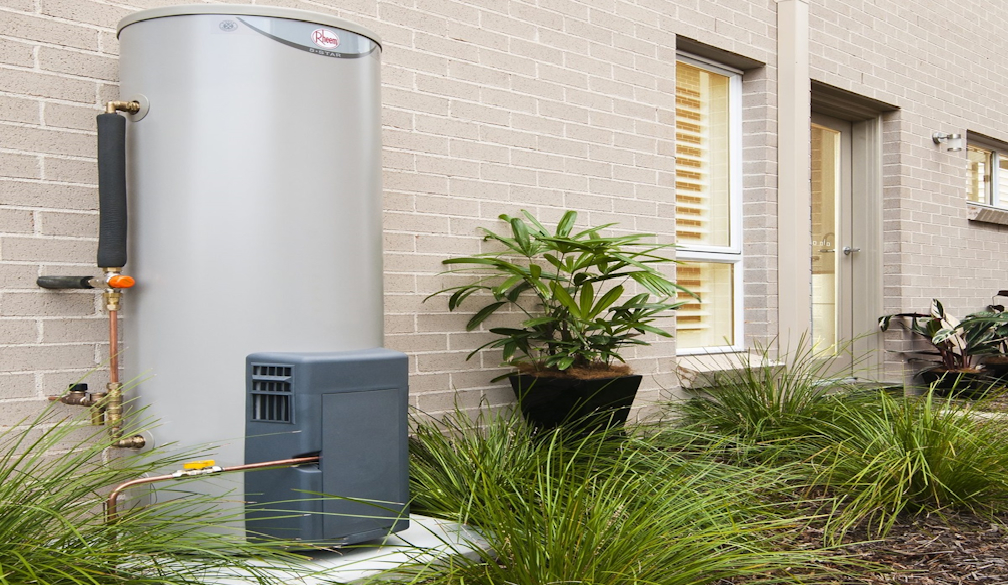What Is The Difference Between Term Deposit And Fixed Deposits?
- Written by News Company

If you’ve ever visited a bank to create a deposit then you may have come across the terms ‘fixed deposit’ and ‘term deposit’.
At first, this can seem confusing. You simply want to make a deposit and yet the bank is talking about different types. The good news is that there is no real difference between a term deposit and a fixed deposit.
While bank managers tend to use ‘term deposit’, individuals will often say ‘fixed deposit’. In fact, what you should really be interested in is whether you’re getting a high-interest term deposit or not.
The Term Deposit
The clue is in the title! This term is normally used when you bring in a set amount of funds to deposit and want to leave it untouched for a set, or fixed, period. The period is usually shorter than 6 months.
For example, a term deposit would be you placing $5,000 in your bank for 3 months. If you choose the right high-interest account you can still create a significant return over a short period.
Fixed Deposits
Fixed deposits are effectively the same. You’re placing a set amount of funds with the bank for a pre-defined period. In contrast to term deposits, the phrase ‘fixed deposit’ is usually used when the deposit term is over 6 months.
Of course, the longer you leave your money with the bank the better you can expect your rate of return to be.
It is interesting to note that countries such as Australia, New Zealand, and Canada prefer to use the phrase ‘term deposit’ to cover all types of deposits. In contrast, Asian countries generally use ‘fixed deposit’.
Why Use Fixed or Term Deposit
When you deposit money with a bank they can use it in investments. The aim is to recoup your money and earn more. This is how the bank makes a profit and what allows them to pay you interest.
However, the money remains yours which means they must always be able to return the money to you if you request it. By placing the funds with them for a fixed term you’re ensuring that the bank doesn’t need to have the funds available at any time, only at the end of your fixed term deposit.
This allows them more flexibility and a greater opportunity to earn funds from your money. That’s the reason they can offer you higher interest rates on these types of accounts, as opposed to a standard bank/current account deposit.
Tax Payable
You should note that tax will be payable on any interest earned. At the end of your term deposit, you’ll receive the original deposit back and your interest. The interest will be subject to tax and must be declared on your annual tax return.
It is common for the original funds to be retained and reinvested for another fixed term. In fact, this may be the default position if you don’t specify anything different. You can usually remove the funds early if you need them. However, this will incur a penalty, usually in the form of a reduced rate of return.




